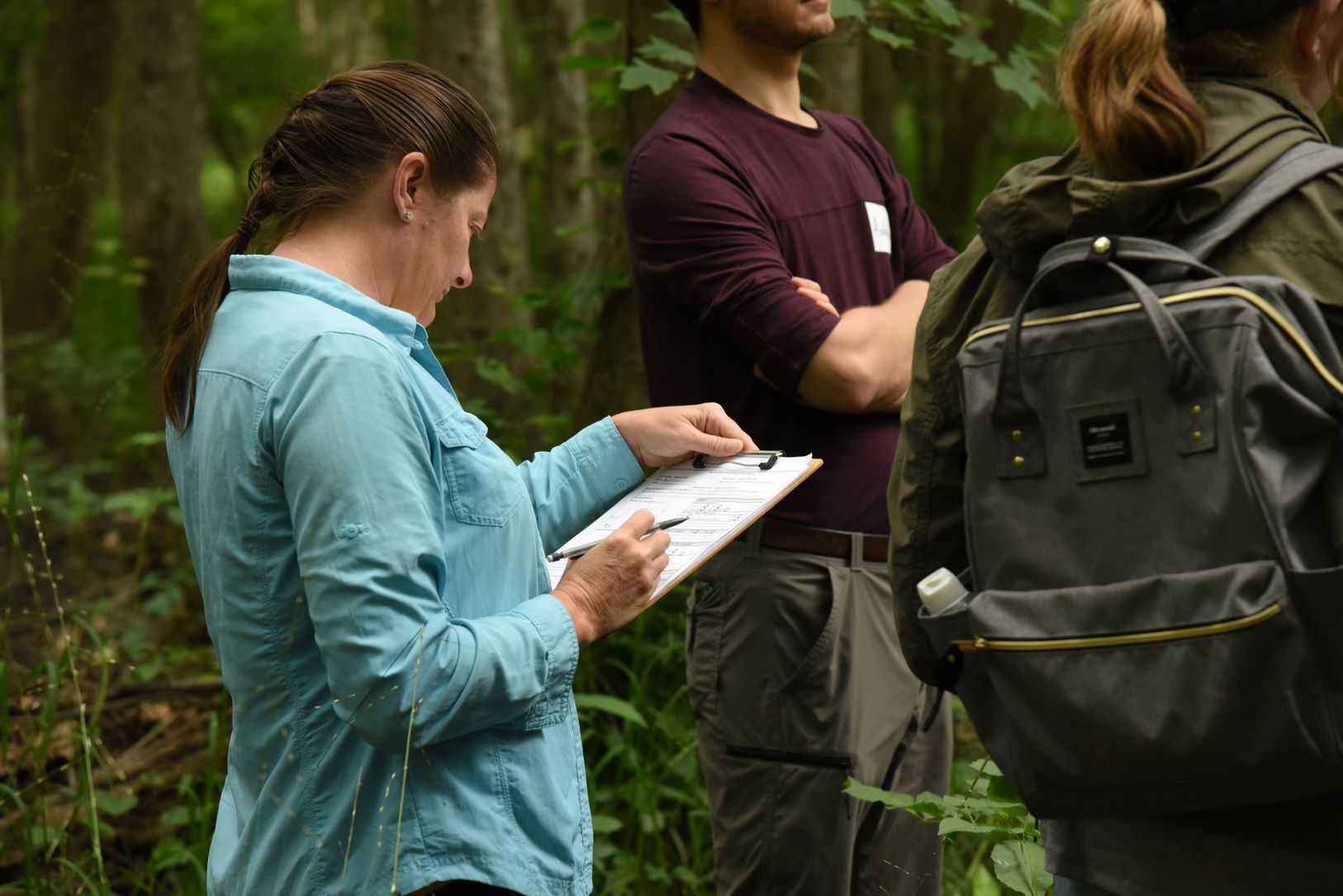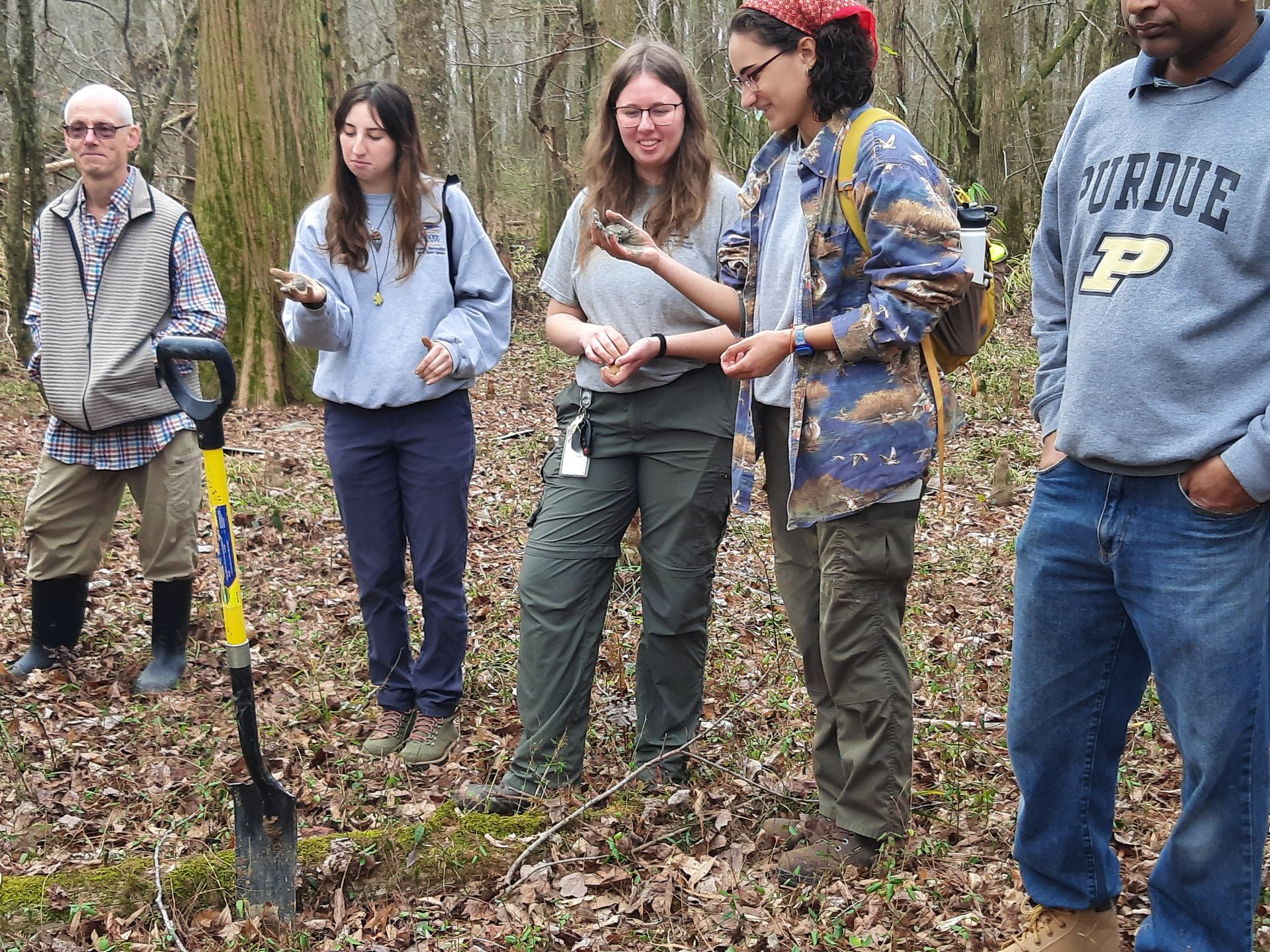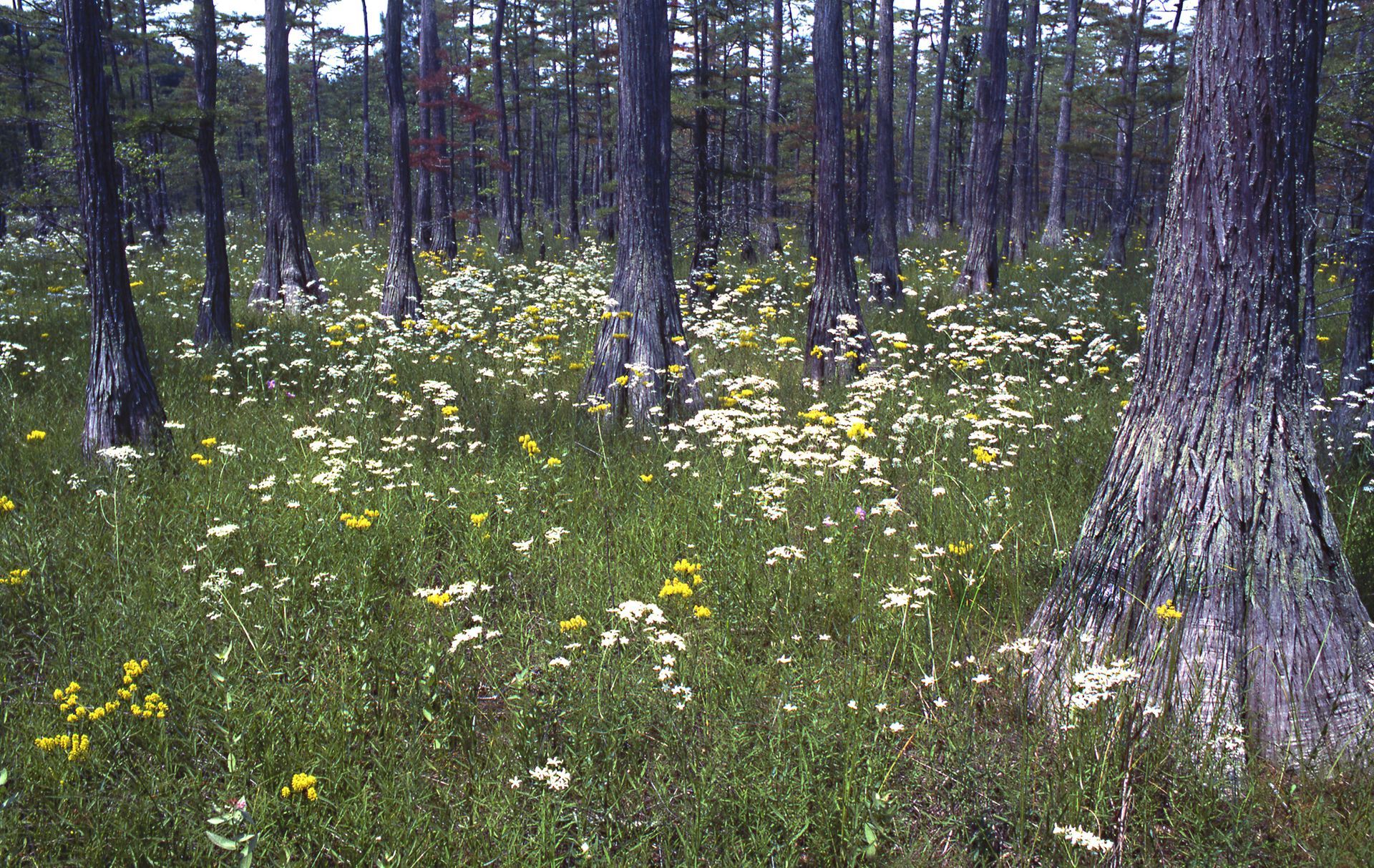Supreme Court Ruling Jeopardizes Wetland Protection
Dear Wetland Supporters:
I have bad news to share with you. The U.S. Supreme Court’s decision in the Sackett vs. the EPA has resulted in condemning many wetlands to unprotected status under the Clean Water Act. The details of the Sackett case are not important, but what the Supreme Court did was essentially rewrite the clean Water Act in a 5-4 decision with the descending opinions being shocked at what was done by the majority.
Loss of Federal Wetland Protection
The Sackett case has drawn upon the Justice Scalia opinion of the 2006 Rapanos vs. United States case which wanted to require more visual evidence of wetlands being connected to a navigable stream or river. The Rapanos case ended with a 4-1-4 decision with Justice Kennedy writing the Significant Nexus opinion to deal with Isolated wetlands, so the Justice Scalia opinion never took hold. But the Supreme Court ruling on the Sackett case has greatly narrowed wetland protection requiring visual evidence: If you don’t see water, how do you know it is a wetland (a jurisdictional wetland); if you see water, but the water does not connect to a navigable stream, then it is not protected; or if it is during the growing season, there may be no water, but during the winter there is plenty of water. Granted a lot of interpretation has to take place and those interpretations will likely be challenged in courts, so this is going to be a complex process to try to save and protect our wetlands.
During the Trump Administration, the Waters of the US (WOTUS) rule was rewritten based on Scalia’s opinion which resulted in about 50% of our Nation's wetlands losing protection under the US Clean Water Act. Court challenges kept the revised WOTUS rule from taking effect for most states. The Supreme Court ruling will result in more than 50% of the Nation's wetlands losing protection under the Clean Water Act. Honestly it is scary to think about how bad this could be for communities and wildlife that will be impacted by the lose and degradation of these waters.
North Carolina Wetland Protection
However, all is not lost at least in North Carolina where there is a state statute that says all waters of the state are under the jurisdiction of the state. During the brief implementation of the Trump WOTUS rule, the NC Department of Environmental Quality (NCDEQ) drafted rules for the state the be able to provide permitting (and protection) for wetland that were no longer federally protected. Those rules were approved by the NC Environmental Management Commission but were never approved by the Legislature (the rule is stalled by procedural disagreements with the Rules Review Commission). Therefore, these are “temporary rules” which are protecting these wetlands in North Carolina.
However, there is a bill in the NC legislature (senate), Farm Act. S.B. 582, North Carolina Farm Act of 2023, that has a provision to not protect wetlands any more stringent than federal protection. If this bill goes through with that wetland provision, it would be devastation to NC’s wetlands. It is important that this bill does not go through or that the wetland provision is removed.
What can you do?
You, our supporters, can help by contacting your state senator and explain why wetlands are important and does not belong in this bill. Tell your representative that the state has allocated tens of millions of dollars to use nature-based solutions (including wetlands) to reduce flood impacts for our coastal communities, yet they would be undermining this effort by not protecting the very resources we need to mitigate and/or reduce flooding of our communities. The Carolina Wetlands Association is working with the Southern Environmental Law Center, Sound Rivers, NC Wildlife Federation, and others to educate our legislatures on the need to protect our wetlands. You can greatly help this process by using these resources to voice your concern.
What about South Carolina?
In South Carolina, the state legislature can take steps to protect wetlands beyond those protected by the federal government. Local municipalities (unlike in NC) can also increase wetland protection within their jurisdiction. It is important that we take action with our state and local legislators to be sure we protect our wetlands, which are vital to our well-being and critical to protecting us from flooding and water quality degradation.
So when visiting your favorite wetland, think: what if it were not protected and a developer wants to build
on it?
Rick Savage
Executive Director
Carolina Wetlands Association
You might also like




